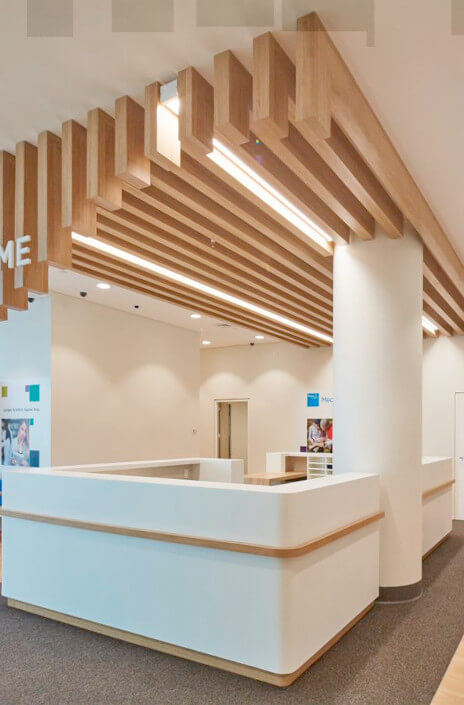Whatever your project, whether a major building or custom fitout, it requires expertise, experience and knowledge for the bricks and mortar and interior to be built right. But what makes a project successful is the way in which the client and project management are handled to ensure the finished product meets everyone’s requirements and expectations.
All construction companies have project managers who report back to their company as to how progress, unexpected challenges and task completions are coming along. However, to ensure the design, build and completed project are a real success, it is the client project manager who ensures all details are finished with the purchaser’s vision intact.
Here at Innova, it all starts with our core values as a company, which are: trust, integrity, care and respect. Therefore, our client project manager brings these values to every client they meet, ensuring they represent these in all aspects of the project.
A client project manager acts as the liaison between the project management, designers and contractors, as well as their client and the client’s company. We have a step-by-step plan to ensure our client project management is as seamless as possible, as this extra link in the process is fundamental to the success and satisfaction of every job. For this to occur, these key steps take place with every project:
1. Communication is key
While the expertise in design and construction lies within Innova, it is important we listen, understand and then communicate what we’ve heard from the client to ensure the fitout is what the client is asking us to undertake and complete.
It is also our responsibility as the client project manager to ensure the importance of the legal and safety requirements are communicated to each client so they understand why certain aspects of the project must be undertaken in ways that may not be clear to anyone not well-versed in the latest construction and safety laws.

2. Understand the Client’s Industry
Once the contract is signed with your preferred fit-out company, the next step is for the client project manager to learn and understand their client’s specific industry and focus, then communicate that company’s specialties and unique qualities to their project team. This can differentiate your project from being “just built” to being built to fully encompass your business needs and brand attributes.

3. On-going reporting
As the work at each site continues, it is important to share the progress of the agreed upon steps and stages in a timely manner. With weekly reports to the client, this not only helps the client to understand where the project is in terms of completion, it also allows the client to accurately report to their managers as to how things are progressing, therefore assisting them in completing their own reporting with accuracy.
In the event there is an unexpected delay or unforeseen work stoppage, this can then be managed in a timely manner, without any surprises as the project continues.

4. Time Management and Accessibility
Since the client project manager works for the construction company, they can directly contact those on the work site to communicate effectively (and as required by the client) to share and also gather any important information which may be of interest. With a singular point of contact, this creates a positive time management scenario for both the project manager and client, as there are fewer channels to go through to gather information on both sides. Having the flow of communication through one conduit allows for seamless accessibility and transparency.
All of these essential steps and more are why a client project manager is key to your next build in any situation.
